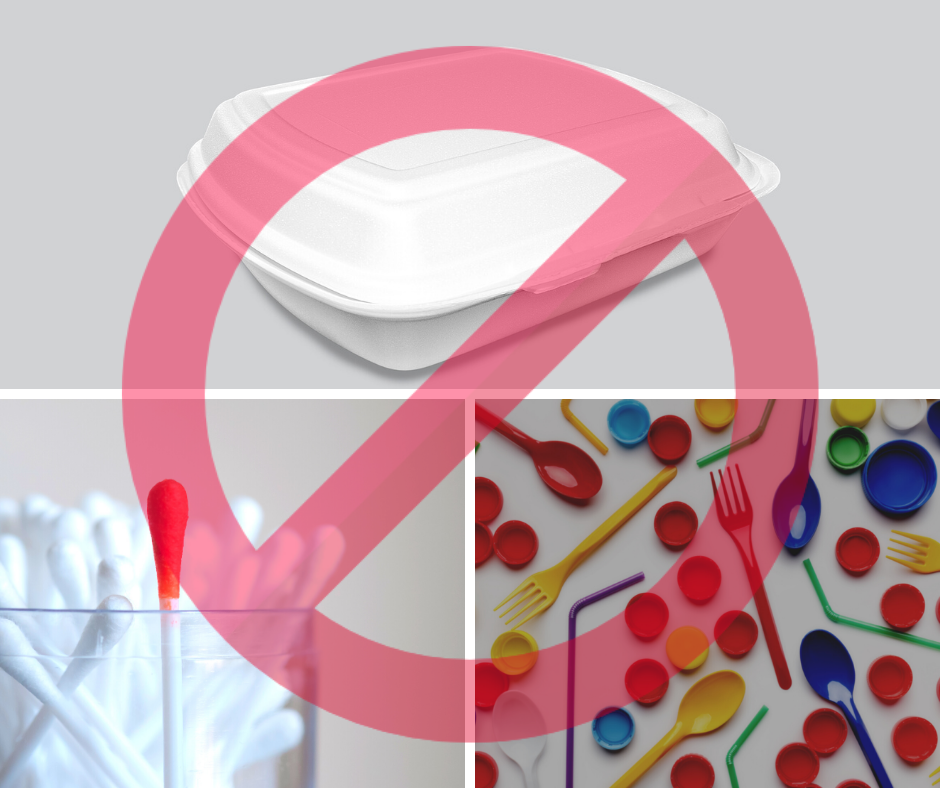In March 2019, the European Parliament approved a Directive that will ban the placing on the market of some disposable plastics in the European Union (EU) from 2021, plastics such as cotton bud sticks, cutlery, plates, straws, food containers made of expanded polystyrene, glasses etc.
Moreover, the European Union is forcing its member countries to selectively collect 90% of its plastic bottles by 2029, and the following year they must guarantee that at least 30% of all plastic bottles in circulation in the EU are manufactured from recycled materials.
With this measure, Europe, which uses 40% of its plastic to manufacture throwaway packaging, is working to improve its plastic recycling rate.
This is a two-way street: by restricting the use of difficult-to-replace single-use plastics and imposing such plastic recycling measures, Europe will also make consumers more aware of their impact on the environment, a good motivation to think more thoroughly about their overall effective waste management.
Which products will be banned?
BFG analyzed the list of banned products from 2021 and the following single-use plastic products present the most relevance for our object of activity and our customers:
- food containers made of expanded polystyrene
Other related products banned are:
- Cups for beverages made of expanded polystyrene
- Single-use plastic cutlery (forks, knives, spoons and chopsticks)
- Single-use plastic plates
- Plastic straws
As a consequence, what packaging products are not banned?
But there is also good news. Based on the EU list of banned products, these are the alternatives that can be used as of 2021:
- Natural Fiber, such as sugarcane, corn or wood.
- Plastic Coated Carton.
- PP Foam or any other plastic foam, which is not expanded polystyrene.
Sustainable food packaging is what consumers also want
Starting from late 2018, multiple studies have started focusing on the status and evolution of the sustainable food packaging market in Europe.
Analysts predict a growth of the sustainable food packaging market in Europe close to 8% year-over-year until 2026, which is fueled primarily by the changing consumer behavior and expectations, due to new technologies, an improved access to information in general, social trends (demographic change, urbanization, orientation towards wellness and convenience, etc.) as well as new distribution channels.
All this is having an impact on the way of packaging food today and in the future. Manufacturers are confronted with having to find a way of meeting all these above listed requirements and developing packaging solutions that are cost-efficient, performant, as well as innovative, attractive and practical.
What not banned products BFG can supply
BFG team already supplies natural fiber packaging and will be able to supply PP Foam food packaging products. Contact us for an offer, we’re here for you!

